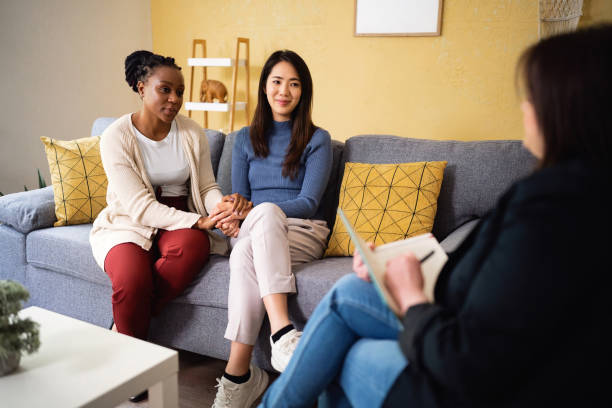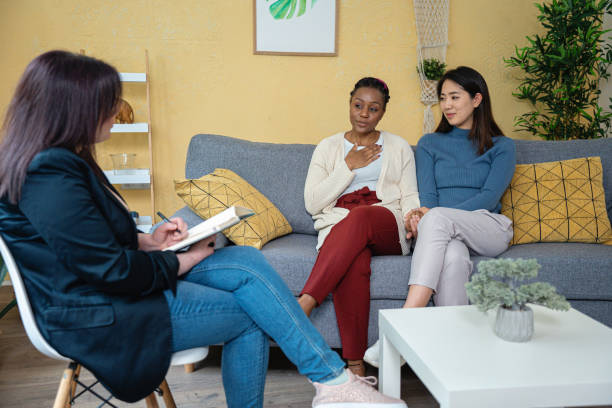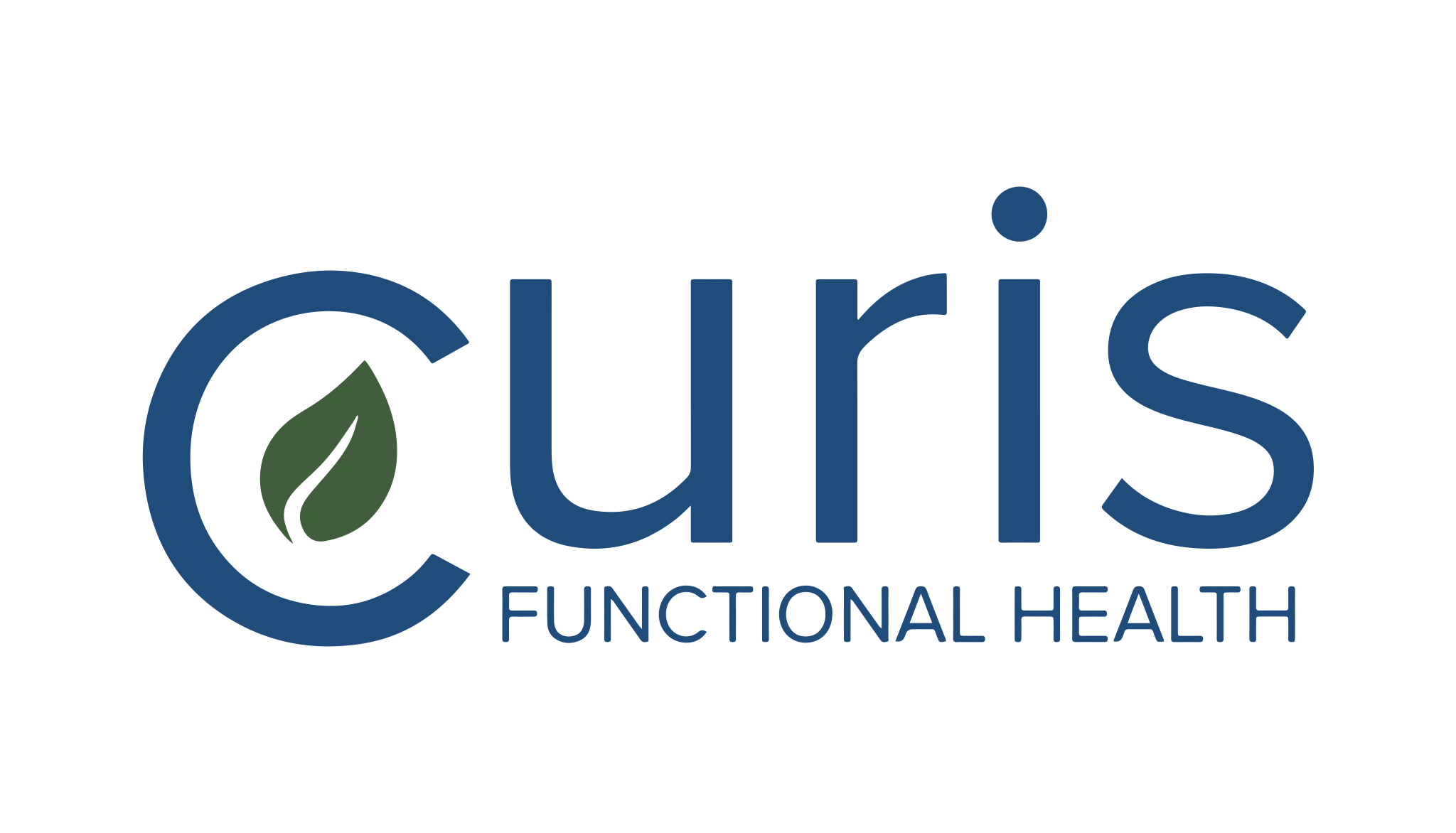
The search for a therapist for you and your loved ones can be a daunting process. There are a lot of choices out there, and it is essential to find a therapist that you feel will understand you, help you, and make you feel comfortable. Throughout this search, you may have a lot of questions ranging from insurance and cost, location and convenience, and maybe even modality and therapist license type. One of the most important things to consider when picking a therapist is to find someone who is a good fit for you, and if they are not, knowing you have the choice to find someone else who is.
FINDING A THERAPIST AFFIRMING LGBTQ+
In therapy today, the chance of having a therapist who says that they are LGBTQ+ affirming is pretty good! This is a beautiful thing because it means that the therapist intends not to discriminate or turn someone away and to treat that person who identifies as part of the LGBTQ+ community with respect. Being LGBTQ+ affirming, however, means a bit more than merely being welcoming to minority sexualities and genders. Affirmative therapy is having unconditional positive regard for LGBTQ+ clients and their relationships, being able to address how discrimination, both individually and culturally, negatively impacts these clients, and that LGBTQ+ identities and relationships are perfectly normal and healthy (Maurel, 2016; Ouer, 2016; Rock, Carlson, & McGeorge, 2010).
Living in a heteronormative and cisnormative world when you do not identify as heterosexual or cisgender is to:
- Have to figure out who you are once you realize you are not what others assume you to be.
- Take risks to share your authentic self with those around you.
- Often be constantly aware of feeling different than or not fitting what is expected for you.
This experience usually repeats throughout life as you meet new people, enter new workplaces, move from city to city or even neighborhood to neighborhood, enter and exit relationships, expand your family, and grow older. From my own experience in the LGBTQ+ community, even with accepting and supportive family members, friends, and coworkers there can still be an internal struggle and fear about not fitting into the social, political, economic, medical, etc. structures that have been created to privilege others.

PRIDE, SELF-LOVE, WARM AND LOVING RELATIONSHIPS
Pride, self-love, warm and loving relationships, support systems, community, and success can ease these added stressors considerably. But you may still experience times of uneasiness, self-doubt, real threats of or actual verbal or physical harm, inequality, and unfounded hatred, or you may witness this happening to others and empathize or fear this for yourself. If this is not part of your experience, then you are still navigating the same human struggles that everyone else is from new relationships to heartbreak, communication stumbles to the conflict in relationships, job loss to fitting in with new coworkers, financial struggles to sickness, feeling unworthy or undeserving, feeling lonely or isolated, or simply feeling stuck and wanting something different.
What I have found is how, with all these experiences comes incredible resilience and strength. Living authentically can be unburdening and freeing, alleviating the heaviness and exhaustion of carrying the responsibility for making others more comfortable by squishing ourselves into the awkward, ill-fitting molds and categories laid out for us. To me, a genuinely LGBTQ+ affirming therapist, who is doing affirmative therapy, understands what these experiences are like, does not have to be taught all of the language, and has done their work to understand their own experience of gender and sexuality. They will not assume they know what you use to describe yourself mean for you but will have the base knowledge to understand and ask questions without surprise or judgment. They will encourage and support your ability to choose, advocate for yourself, and take care of yourself and your relationships. And they will strive to create a safe and comfortable place for you to express and be yourself, even if the therapy office or virtual session may feel like the only place to do this.
When I work with LGBTQ+ identifying clients or those who are still figuring out who they are, no labels required, I invite all parts of you, your whole and authentic self, into therapy. Anyone identity is not all of who you are or why you are struggling, but one part of a bigger picture. To be able to work on the focal issue that you are seeking help for requires a contextual understanding of what lies in the background. Whether you want to work on challenges related to your identities or just want to be treated as a whole person with an everyday problem, an LGBTQ+ affirming therapist may be the perfect fit for you.
Written By:
Miriam Kolni, LMFT – Associate
Schedule an appointment
References
Maurel, L. (2016). Beyond tolerance: Affirmative therapy with LGBTQ individuals. Retrieved from https://www.goodtherapy.org/affirmative-therapy-lgbtq-web-conference.html
Ouer, R. (2019). Solution-Focused Brief Therapy with the LGBT community. Routledge.
Rock, M., Carlson, T. S., & McGeorge, C. R. (2010). Does affirmative training matter? Assessing CFT students’ beliefs about sexual orientation and their level of affirmative training. Journal of Marital and Family Therapy, 36(2), 171-184.
